Live in a hundred-year-old wooden cottage between a lake and a woods and you’re bound to have company, of the furred and feathered variety, at least. And with bedroom windows open now that summer has finally arrived, you can often hear them coming and going. In the middle of the night, when you’re trying to sleep.
Which is why we knew that bats were back. The sound of tiny feet running up inside the overhang toward the peak of the roof is familiar and even kind of comforting. We used to have little brown bats come by, but their numbers have been decimated by the foreign fungus that causes white-nose syndrome, a disease that has spread through wintering colonies of bats in mines and caves.
Big brown bats usually overwinter alone or in small numbers, so aren’t so fatally affected. They do have to deal with collisions with wind turbines, the worrisome decline of insect populations, climate change and habitat loss, but are doing much better than their endangered little brown cousins. Having some out there on the job, eating bugs every night, is good news for the neighbourhood.
Why a few chose our eaves for a maternal roosting site this summer is cause for speculation. Three other old cottages were torn down in recent years, replaced by boxy, glass-fronted modern homes that are airtight and crack-free, so less welcoming. Other neighbours regularly report bats roosting behind their shutters, and we have a number of bat boxes mounted in the area, free to all comers. But for some reason, for a few weeks anyway, a few moms decided to come hang out with us. Pun intended.
Back and forth, they would head out to hunt, then return in the wee hours to nurse babies they’d left behind in the roost, often twins for this species. Big brown bat pups are born blind and helpless, but in about three weeks are able to fly on their own. Which may be why we haven’t heard the patter of little feet for the last few nights. They’re off to a new roost and new adventures, tended and taught by their moms as they learn the fine points of echo-location and how to feed themselves. Many flying insects are on the menu, but big brown bats like beetles best, apparently, cucumber, ground, and scarab beetles such as June bugs among them. I hope they hunt Japanese beetles that devour my zinnias.
Other things go bump in the night besides bats, of course. Neighbours have to take their hummingbird feeders in so that local raccoons don’t climb up and get at them, and while the furry bandits can’t reach ours, we sometimes hear them out there fussing and squealing. Skunks are quiet, but leave their signature scent on breezes coming in our windows when bothered by potential predators on their nightly rounds.
I love hearing the rasping calls of a nighthawk flying past before dawn, or when I’m very lucky, the far-carrying cry of a loon. Less appealing are the throaty honks of Canada geese spending the night out in the bay. Sleepy flocks always leave one or two individuals awake and on guard, and their status reports on calm nights are often loud enough and frequent enough to keep me awake. They moult all their wing feathers at once, so are flightless for about a month in midsummer, and more nervous and persnickety than ever.
I’ll never forget paddling the Thelon River in the Northwest Territories/Nunavut, and trying to sneak up on wildlife—muskox, grizzlies, Arctic wolves—as we floated downstream. Inevitably we’d catch up with a huge flock of raucous Canada geese every day and herd them ahead of us downriver, yodeling and squawking and warning every animal for kilometers around that we were coming. No way would they let us paddle past, no matter how often we tried to slip around them along the shore.
Even with that annoyance I’d give a million dollars to be up north canoeing some river this summer. My friend Pat Tozer told me that her son (Dr. Doug Tozer, PhD, Director, Waterbirds and Wetlands, Birds Canada) was birding in Algonquin Park last month and heard something sniffing around his tent in the night. Likely a bear cub, he figured, which ran off when he clapped his hands. I felt a twinge of fear, a twinge of envy. Things that go bump in the night are always interesting.




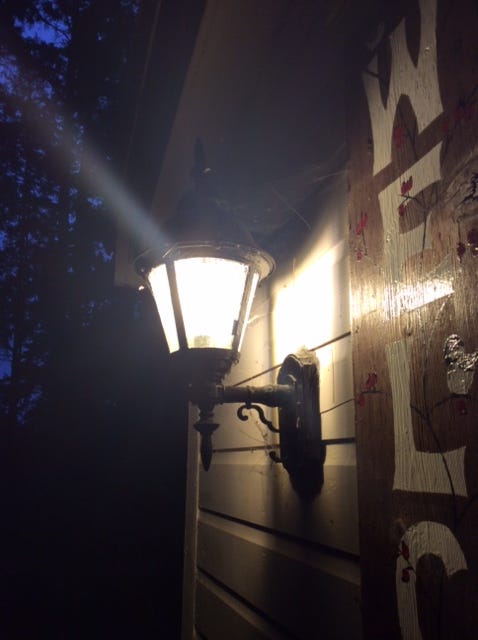
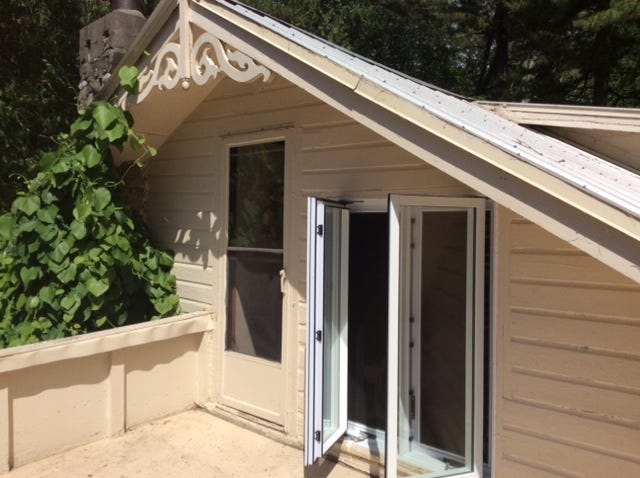
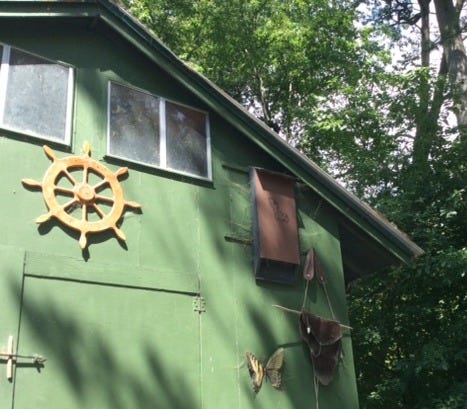
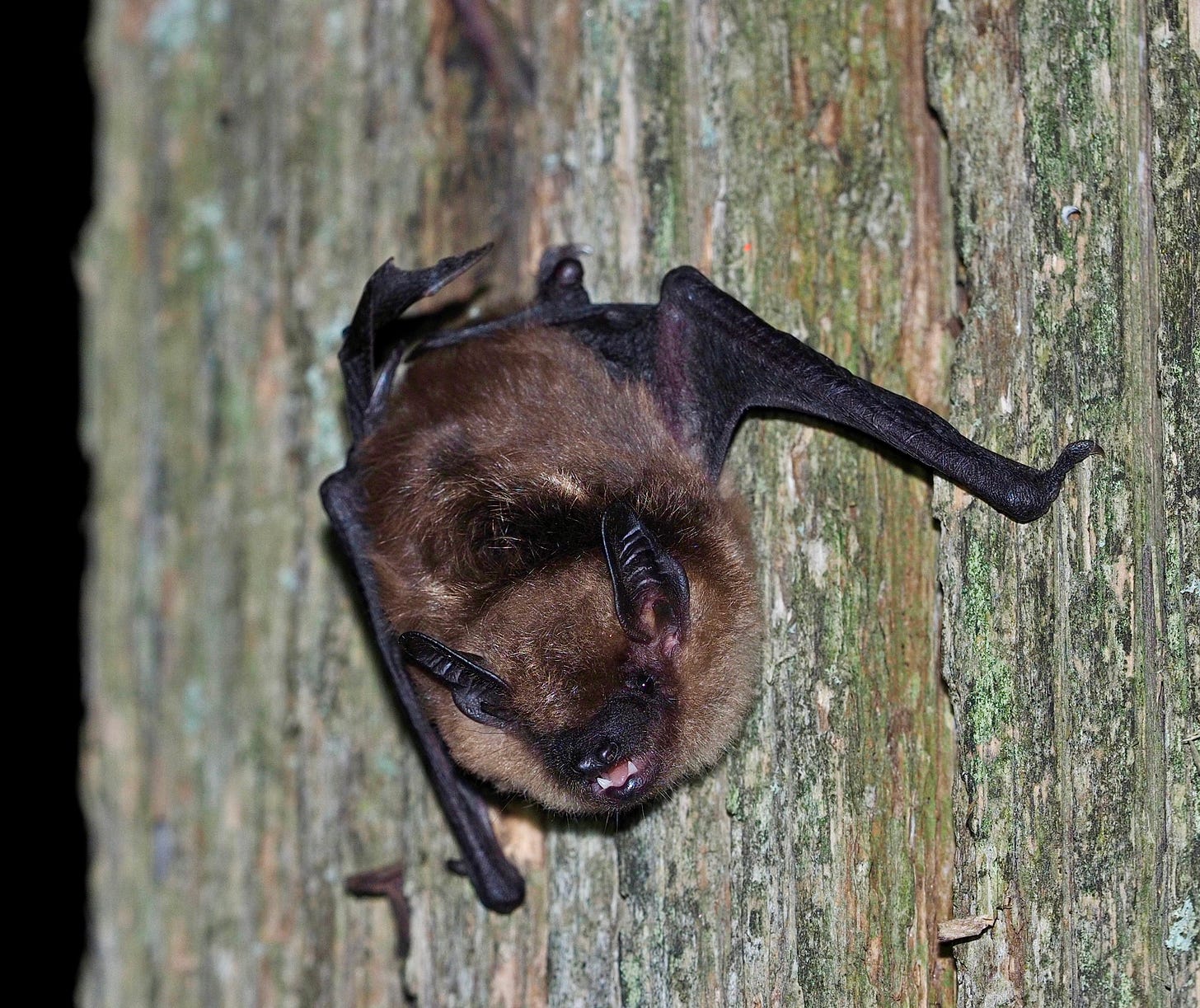
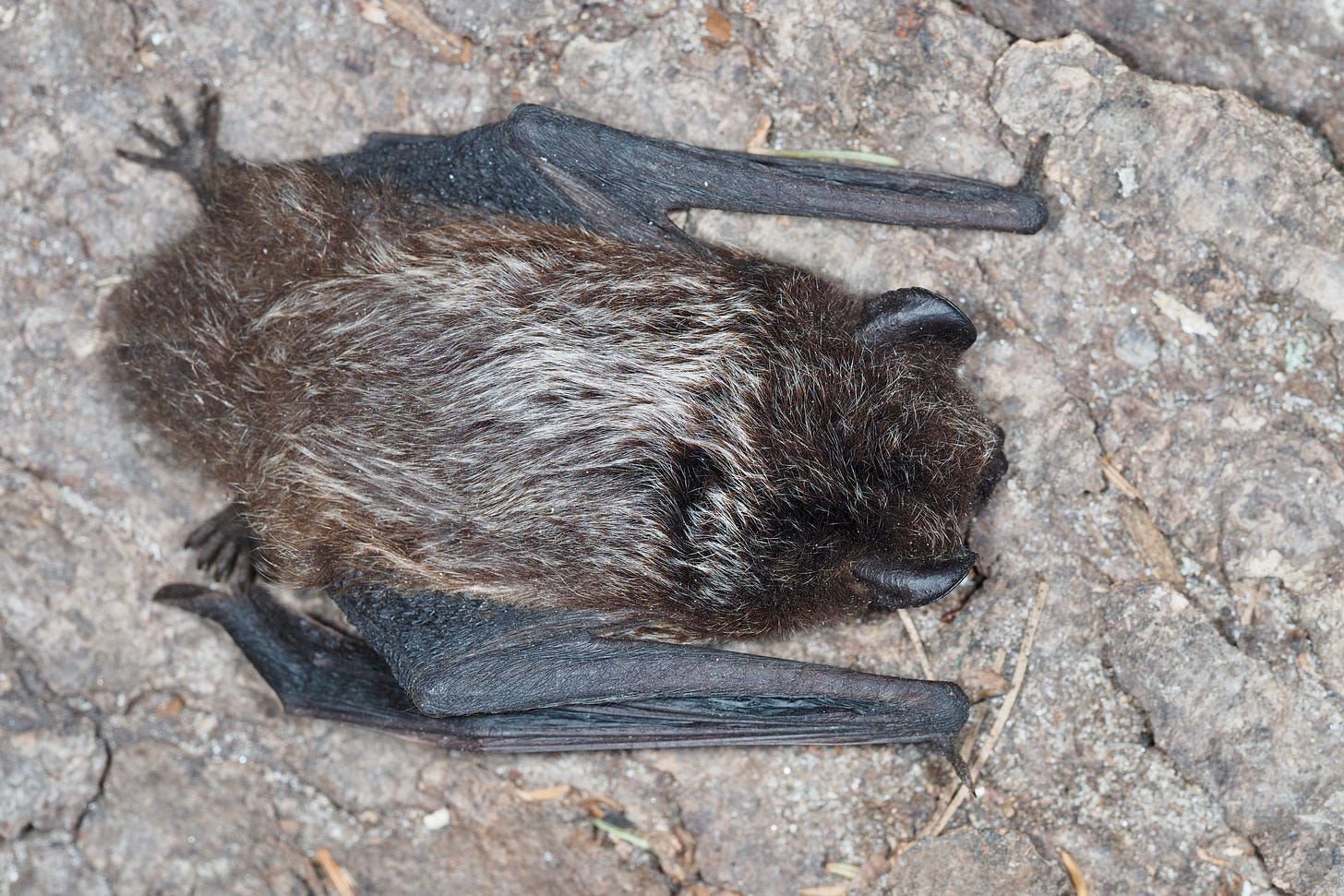
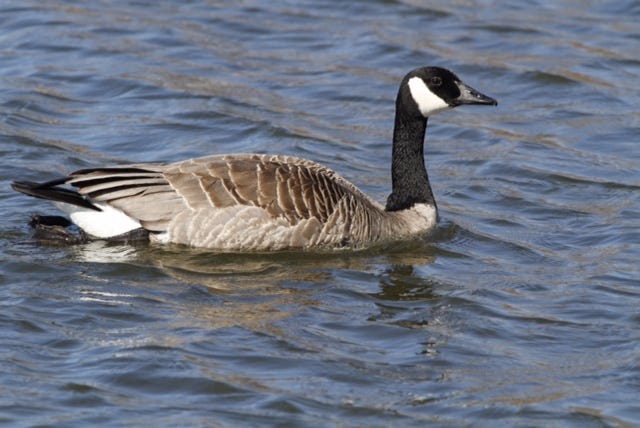
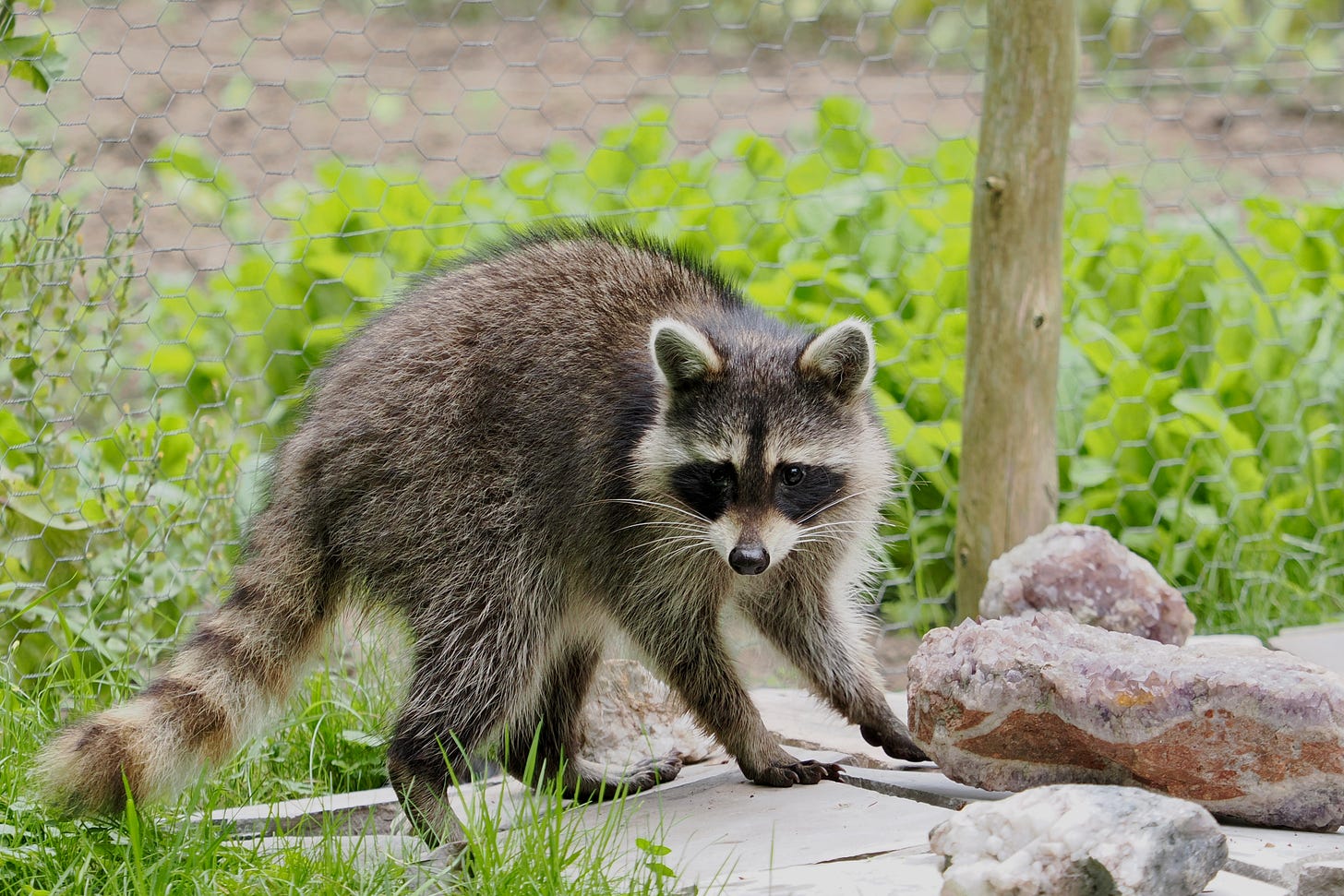
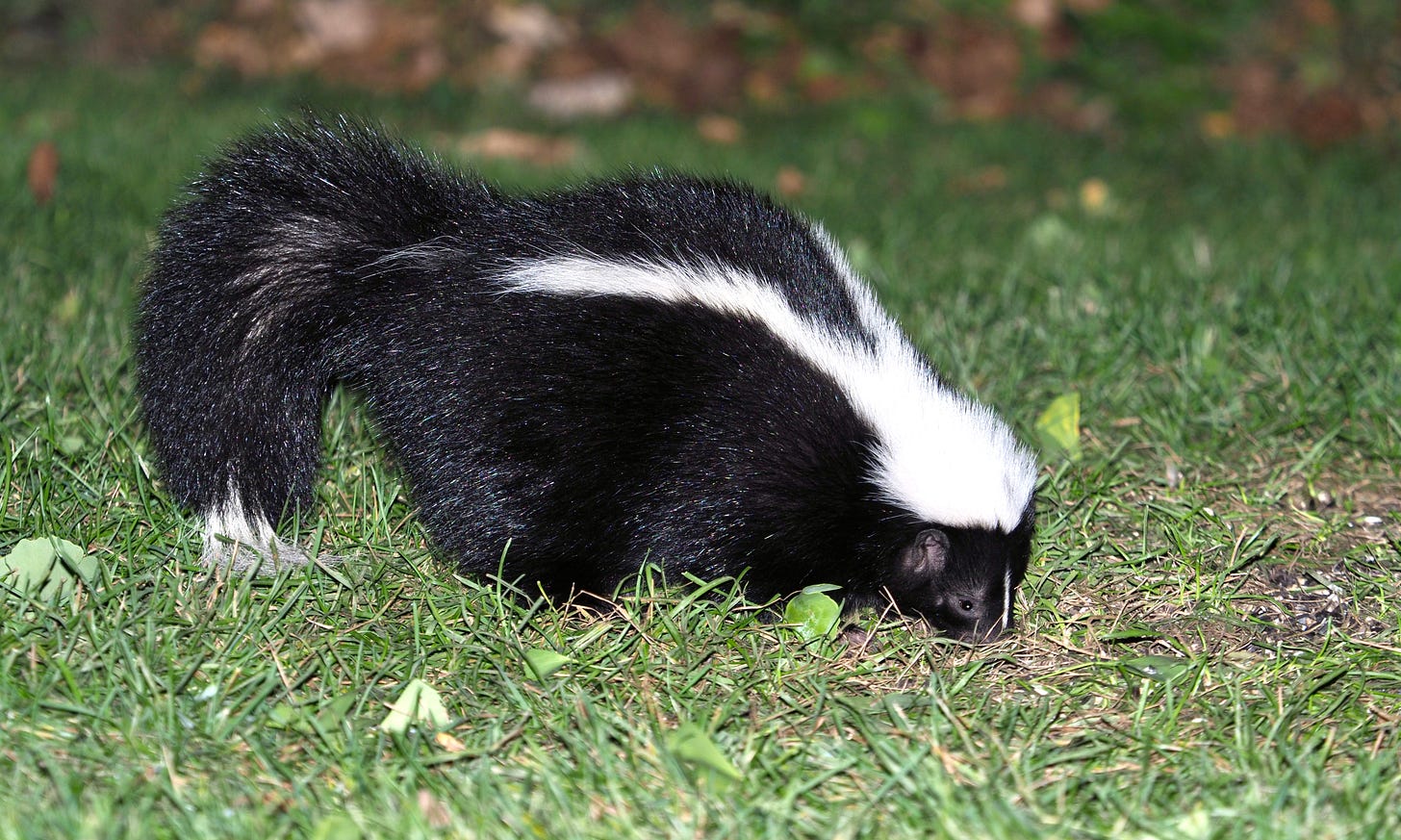
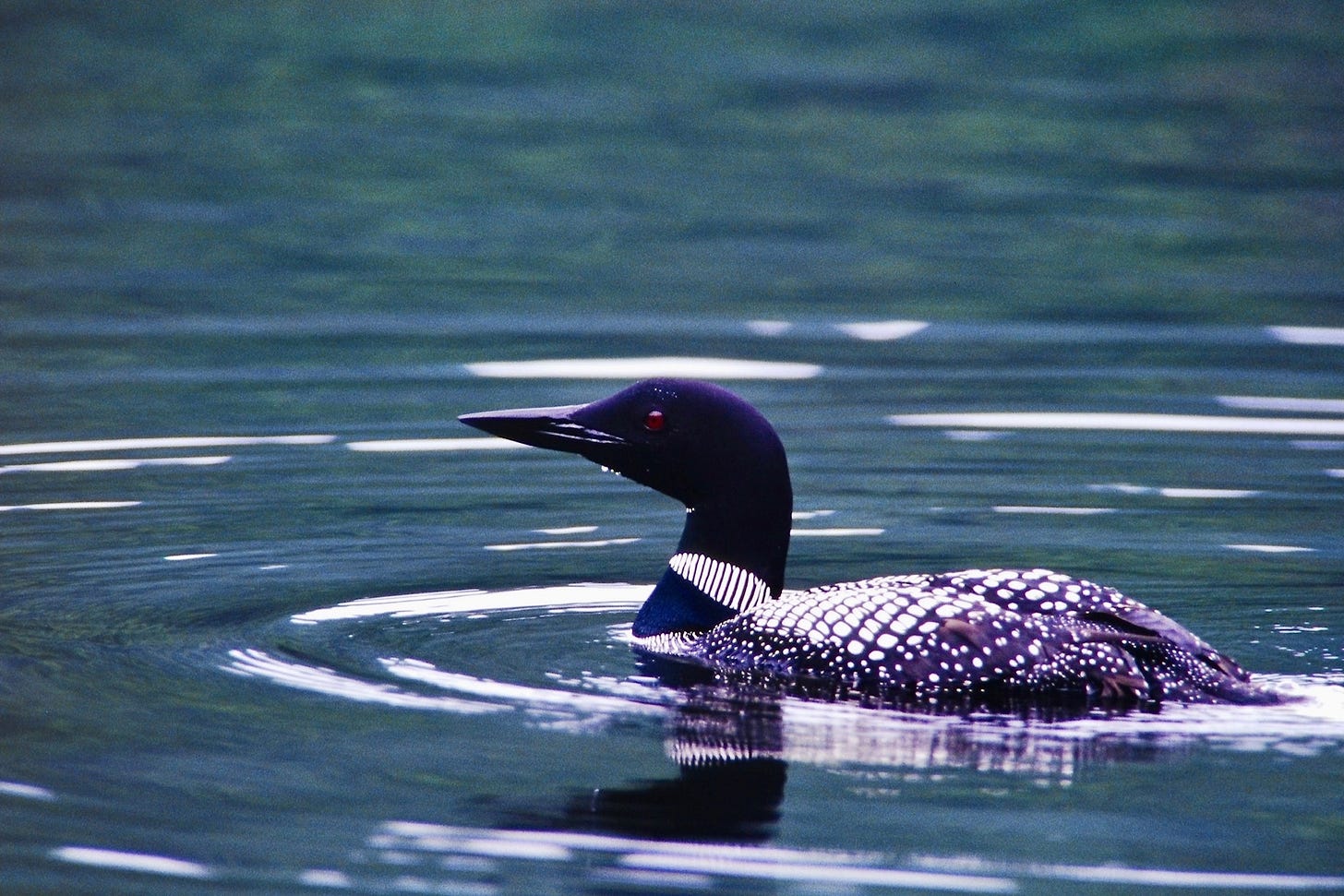
Warms the heart, sooths an aching back, oils stiff knees and lifts weary spirits.
Mary and Kenneth
Great article. Love the pictures of your beautiful cottage and the wildlife that surrounds it.